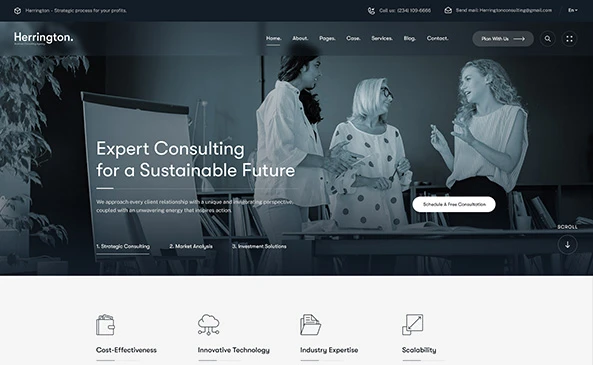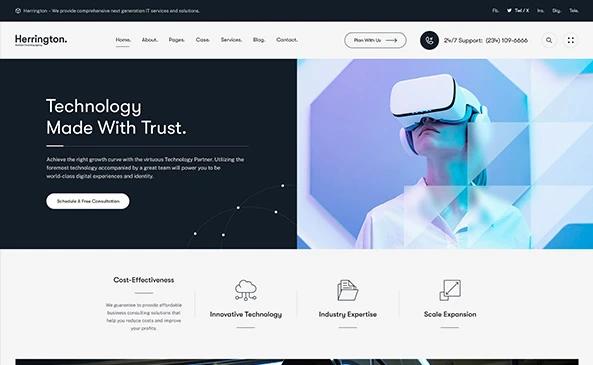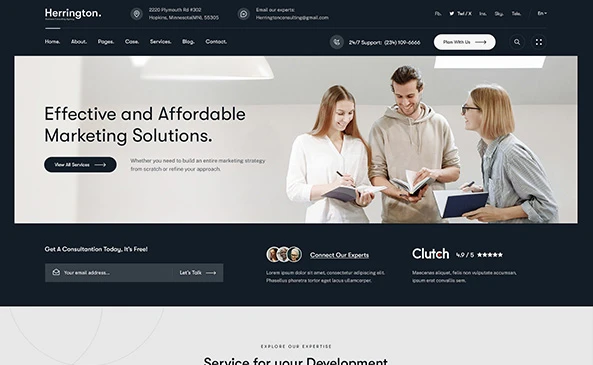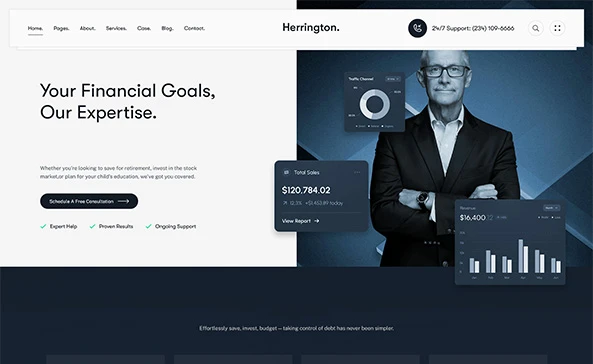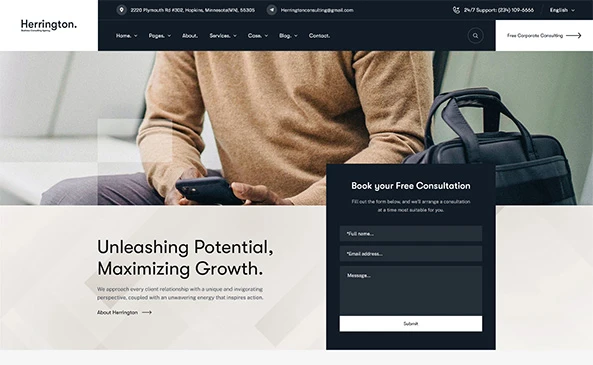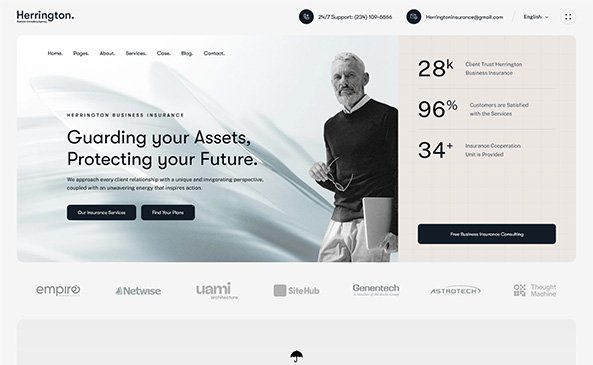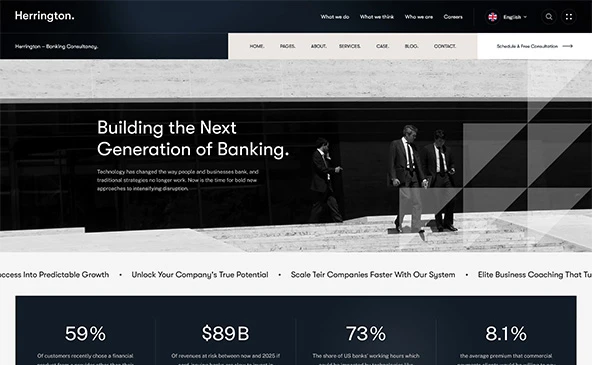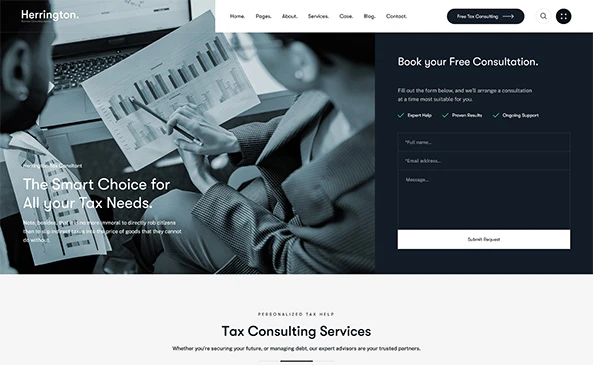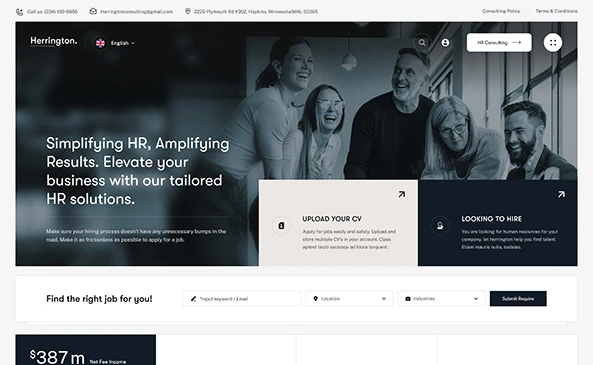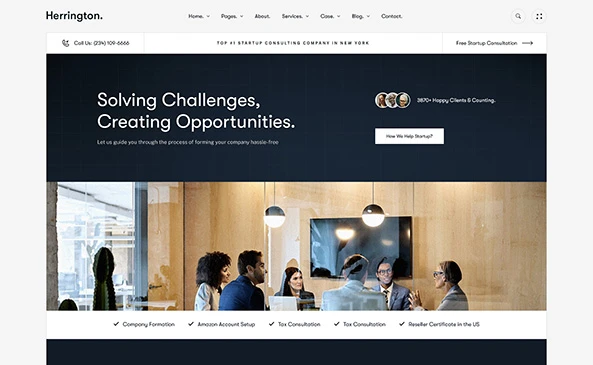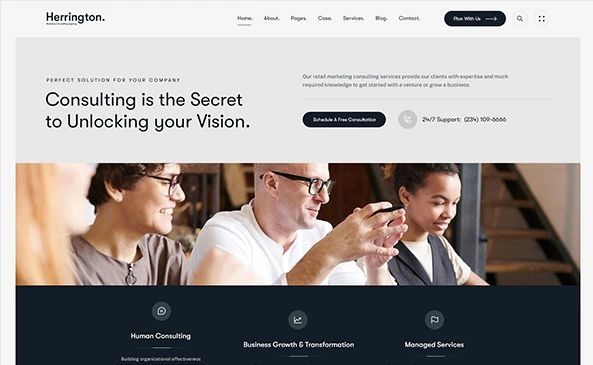For centuries, the concept of retirement symbolized freedom — a reward for decades of labor, a time to step away and finally rest. But in the modern world of high-net-worth individuals and ultra-successful entrepreneurs, the traditional idea of retirement has quietly dissolved. For the wealthy, work itself has become the ultimate luxury — not because of financial necessity, but because of purpose, control, and identity.
Redefining the Meaning of “Freedom”
Among the affluent, freedom no longer comes from detachment; it comes from engagement. Instead of viewing retirement as an end, many see it as a new phase of self-directed innovation. Wealth allows choice — and for many, that choice is to keep creating, leading, and building. Their work becomes a platform for legacy, influence, and personal evolution.

Modern ultra-wealthy individuals often transition from traditional business operations to passion-driven ventures: private equity investments, philanthropy, technology startups, or sustainability-focused enterprises. The motivation is no longer about accumulating more wealth but deploying it intelligently — shaping industries, supporting causes, or constructing systems that outlive them.
As author and leadership expert Simon Sinek once noted, “Working hard for something we don’t care about is called stress; working hard for something we love is called passion.” That passion, for the modern elite, is the new retirement plan.
Purpose Over Pause: The Psychology of Continuous Creation
For many successful figures, stepping away from work doesn’t feel liberating — it feels destabilizing. Achievement and innovation are wired into their identities. Research in behavioral economics and executive psychology shows that high-performing individuals derive fulfillment from challenge, momentum, and contribution. They see time not as something to be escaped from, but as a tool to refine, redirect, and reinvest.
Wealth changes the relationship with time. Without the pressure of survival, work becomes an art form — a deliberate exercise in mastery. Whether it’s building new ventures, mentoring the next generation, or exploring uncharted industries like AI, climate tech, or digital finance, today’s wealthy redefine “work-life balance” as “work-life integration.”
Retirement is not the end of work; it’s the opportunity to work on what truly matters.
Simon Sinek, Author and Leadership Expert – Quote
Legacy and the Pursuit of Meaning
Legacy has become the currency of the new age of wealth. For many, the post-retirement phase isn’t about slowing down but scaling impact. They are creating foundations, endowments, or educational initiatives that extend their influence beyond business — weaving purpose into profit.


In this sense, work becomes less about income and more about imprint. A well-designed company, a sustainable innovation, or a cultural shift represents permanence in a world of impermanence. The act of creating and leading offers something that leisure cannot: a sense of belonging to the future.
The wealthy have quietly rewritten the rules of retirement. They no longer seek escape, but engagement. Their wealth gives them the freedom to choose how they work — not if they work. In their world, the new measure of success is not time spent away from purpose, but time spent aligning passion with progress. As NBR. Company believes, the future belongs to those who continue to build — not because they have to, but because they can.

